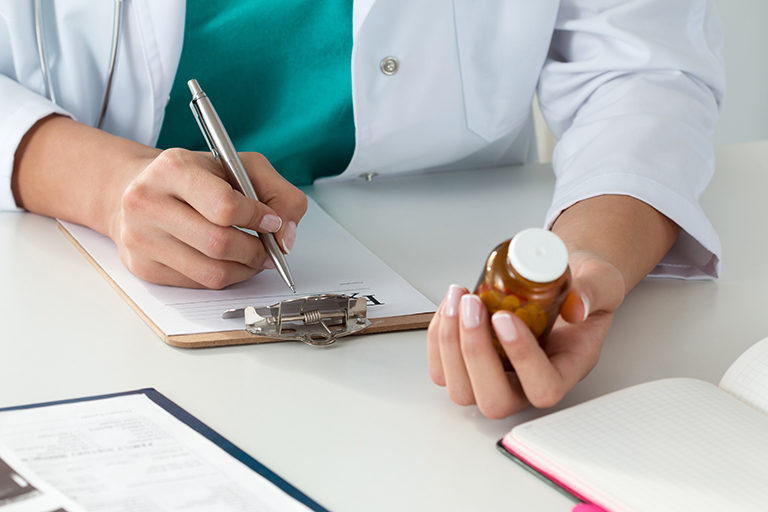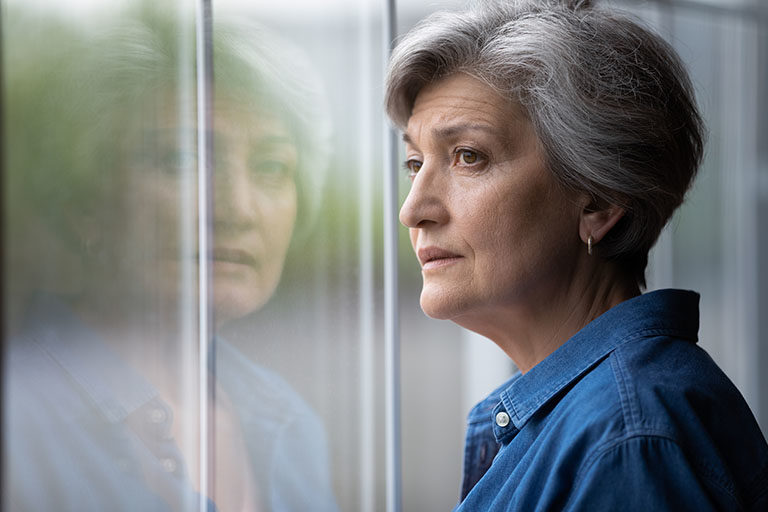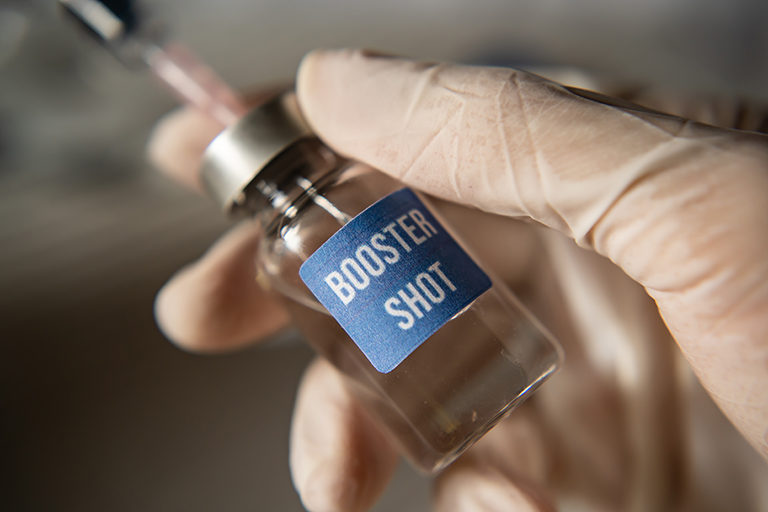
Living Well at Home

Massachusetts has begun to safely distribute the COVID-19 vaccines. Commonwealth Care Alliance (CCA) has closely followed the vaccine development, approval, and delivery timeline. Our team of medical experts are confident that the new vaccines are safe and effective, and we will keep reviewing available information on the vaccine’s ability to protect our members. Getting vaccinated as soon as possible helps make our communities safer for everyone.
We know people have many questions about the COVID-19 vaccine. On this page, you will find answers to some common questions, including basics on the vaccine and what to expect after you’re vaccinated. We will update this page as we learn more.
While we are excited to share what we learn with you, the content in this article does not replace a discussion with your doctor or caregivers.
CCA members should look out for information and next steps from us in the mail and from their CCA care team. We are dedicated to keeping you safe and helping you learn about the vaccine.
COVID-19 Vaccine Basics
The Pfizer and Moderna COVID-19 vaccines were not studied for use as a single dose. People should get both doses of the vaccine to be fully vaccinated.
The first shot starts building protection. A second shot is needed to get the most protection the vaccine has to offer. After getting your first shot, you will be told when to return for a booster. It will be a few weeks after the first shot.
CCA wants you to get the most out of your vaccine. If your vaccine requires two doses, schedule your second shot when you get your first shot. It is important that you remember to get your booster shot so you get the best protection.
Your second shot is recommended at 21 days for Pfizer and 28 days for Moderna, but any time up to 6 weeks (42 days) after the first dose is allowed, per CDC guidance.
You should not get the second dose earlier than 21 days for Pfizer or 28 days for Moderna.
The FDA has determined that all of the vaccines are highly effective and safe. People are urged to take whatever shot they can, as soon as it’s available.
The CDC recommends the vaccine to be offered even if you had COVID-19 before. While having COVID-19 previously provides some immunity, research shows that the vaccine provides more protection. It’s also possible to catch COVID-19 more than once.
You should be recovered from your illness before getting vaccinated.
No, there is no official waiting period. The CDC recommends that you recover from your illness before getting vaccinated.
Studies show that you can wait up to 90 days from when you first got sick to get vaccinated. You should check with your primary care provider to determine when it is safest for you to get vaccinated.
Yes. The FDA found that the available vaccines protected older participants against COVID-19 just as effectively as younger participants.
It is normal for viruses to change as they spread, and for new mutations to appear. Scientists are working to learn more about these new COVID-19 “variants” you may hear about. There is more to understand about how easily they spread and whether the vaccines we have will protect against them.
No, the current FDA-approved vaccines are only injectable.
The experts believe that the vaccine may also help keep you from getting seriously ill even if you do get COVID-19.
Until we know more, it is important to continue wearing masks and practicing social distancing, even after you are vaccinated.
No. You should wait 2 weeks (14 days) between receiving your COVID-19 vaccine and any other vaccines you may need.
After You’re Vaccinated
No. The FDA states that COVID-19 vaccines that they have approved do not contain the live virus that causes COVID-19. The FDA says that none of the vaccines available can make you sick with COVID-19.
We don’t know yet. We know the vaccine can protect the vaccinated person against getting sick with COVID-19, but we don’t know if a vaccinated person could remain symptom-free but still spread the virus to others. Experts are still learning about the protection that the COVID-19 vaccine provides when it comes to those around you. Until you are instructed otherwise, you should continue to wear a mask and practice social distancing.
The vaccine trials showed that it takes a few weeks for your body to begin creating antibodies. Antibodies start the process of getting rid of invaders, like COVID-19, that may cause infection. It’s possible to be infected with the virus just before or just after your vaccination. This is because the vaccine has not had enough time to provide protection.
The CDC considers you fully vaccinated if you have received two doses of either the Moderna or Pfizer COVID-19 vaccines or a single dose of the Janssen (Johnson & Johnson) vaccine more than 14 days ago.
CCA wants you to get the most out of your vaccine. If your vaccine requires two doses, schedule your second shot when you get your first shot. It is important that you remember to get your booster shot so you get the best protection.
Experts still need to collect more data from vaccine trials to inform how long protection will last.
We don’t know yet. Scientists are working hard to determine how long the COVID-19 vaccines help keep people safe for.
If your vaccine requires two doses, it is very important that you receive your second dose as close to the recommended schedule as possible. If you miss an appointment, you can receive your booster shot up to 6 weeks (42 days) after your first dose. If you have gone longer than 6 weeks from your first dose, please call your primary care provider to discuss next steps.
Yes. At this time, you must continue to follow the state’s travel and related testing and quarantine requirements. Travel orders will be updated with information specific to people who are fully vaccinated. It is important for everyone to continue using all the tools available to help stop this pandemic. Cover your mouth and nose with a mask, stay 6 feet away from others, avoid crowds, and wash your hands often, even after you get the vaccine.
Do you have other COVID-19 vaccine questions for CCA?
CCA members can email questions to [email protected] or leave a message at 888-377-7901.
We will review the questions we receive and update information posted here when possible. We will try to cover topics that could affect a lot of our members. If you have concerns about the vaccine that are unique to your specific needs, please speak with your primary care provider or CCA care partner. They are here to help!
To find more information on the COVID-19 vaccine, please check these resources:
- www.mass.gov/covidvaccine1
- https://www.cdc.gov/coronavirus/2019-ncov/vaccines/1
- www.vaccines.gov/1
- www.fda.gov/COVID19vaccines1
- MA Testing Site Locator1
- Download: The Path for COVID-19 Vaccine FDA Approval (pdf)
- Download: Pfizer-BioNTech COVID-19 Vaccine Fact Sheet (pdf)
- Download: Moderna COVID-19 Vaccine Fact Sheet (pdf)
1When you click this link, you will leave the Commonwealth Care Alliance website.
This article was originally posted on February 10, 2021. It now contains more up-to-date information.
Related Articles


Covid-19 Fatigue and Burnout: How to Manage Those Feelings of Exhaustion
